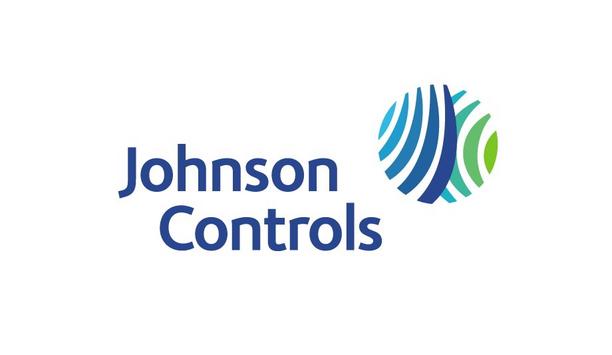According to a survey of U.S. homeowners conducted by Mitsubishi Electric Trane HVAC US (METUS), 63% of American homeowners have heard of the Inflation Reduction Act (IRA) and 54% ranked government incentive (such as a tax credit or rebate) as one of their top three reasons why they would consider installing a heat pump.
These findings, among others, were uncovered by the METUS 2023 Heat Pumps & Homeowners Index. The survey explored American homeowners’ attitudes toward the IRA and sustainable home upgrades, specifically regarding heat pumps.
Impact of energy bills
49% ranked "reduce energy bills” as one of their top three reasons to consider installing a heat pump
Most (83%) survey respondents were concerned about the impact of energy bills on their household budgets. Further, 46% responded the cost to cool their homes last summer rose “somewhat” or “much more” than the summer before, and 54% said it cost “somewhat more” or “much more” to heat their home this winter, compared to last winter. Similarly, 49% ranked "reduce energy bills” as one of their top three reasons to consider installing a heat pump.
According to the survey, 24% of respondents stated their home is already equipped with a heat pump and 69% would consider installing a heat pump in their home.
Installing a heat pump
While 28% of homeowners say a concern preventing them from considering a heat pump in their home is the installation cost, 54% of all survey respondents ranked government incentives (such as a tax credit or rebate) as one of their top three reasons why they would consider installing a heat pump.
“Reduce Energy Bills” and “Improve Air Quality in My Home” also were ranked among the top three reasons by 49% and 36% of survey respondents, respectively.
Benefits of all-climate heat pumps
Financial incentives offered through the IRA are expected to accelerate the adoption of energy-saving
The IRA’s Energy Efficient Home Improvement Credit (section 25C) offers a nonrefundable tax credit of 30% of the qualified expenses to install a qualified heat pump that is placed in service on or after January 1, 2023 and before January 1, 2033, up to $2,000 per year.
“The financial incentives offered through the IRA are anticipated to accelerate the adoption of energy-saving, all-climate heat pumps,” said Mark Kuntz, chief executive officer, Mitsubishi Electric Trane HVAC US. “Our mission is to educate homeowners about the many benefits of all-climate heat pumps versus conventional heating and cooling systems.”
Installing solar panels
The survey also found more homeowners would be interested in tax credits for installing a heat pump or high-efficiency electric heating, ventilation air conditioning, and/or water heating, than interested in installing solar panels or purchasing a new or used electric vehicle.
This benefit is even more appealing for Millennials (born between 1980 and 1993) as 65% cited, among other listed options under the IRA, that tax credits for installing high-efficiency electric heating, ventilation, air conditioning, and/or water heating would be of interest to them.
















